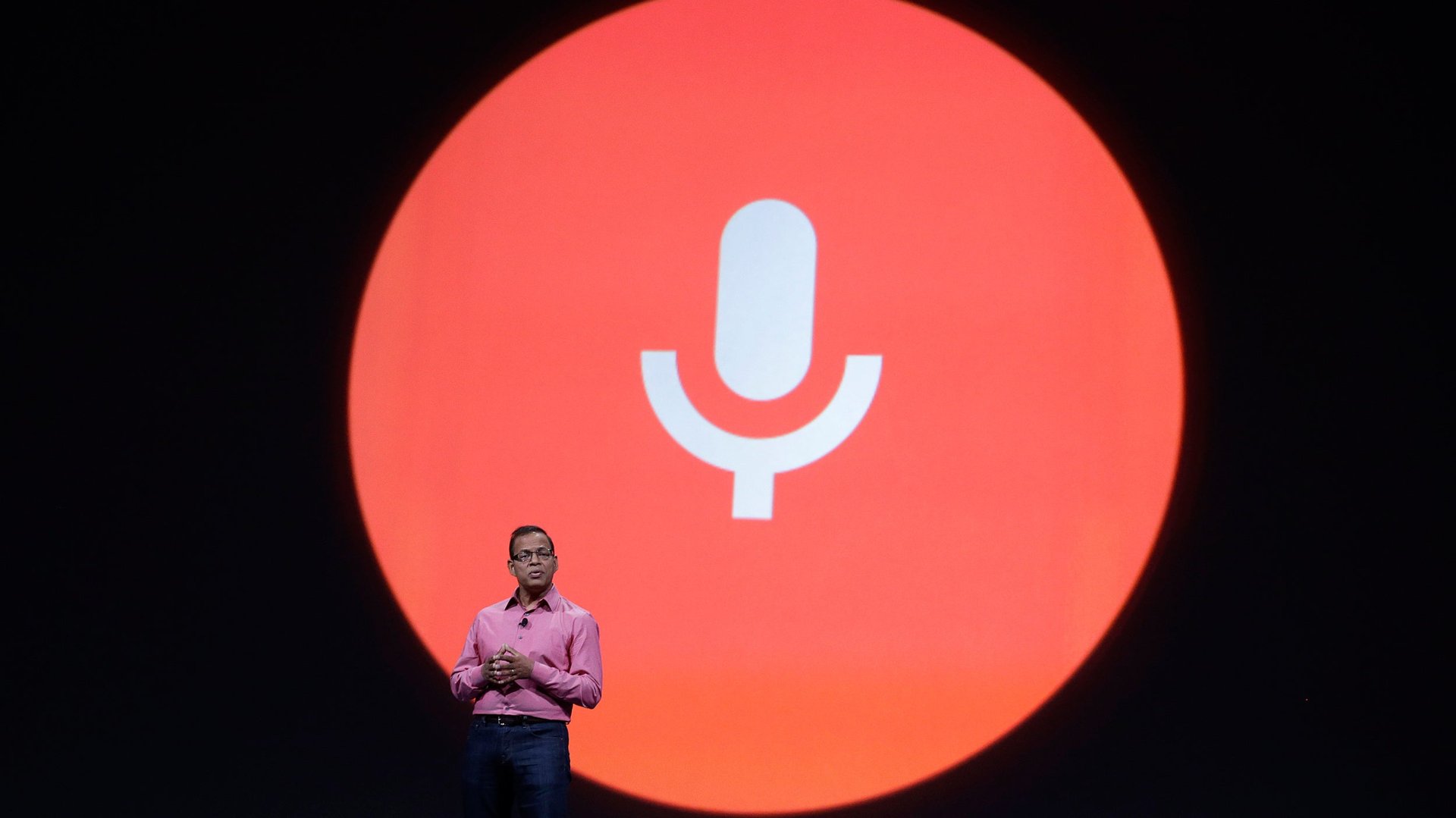Google’s head of search retires as the company turns the reins over to AI
Amit Singhal, a 15-year veteran of Google and the company’s head of search, announced through Google+ today that he is retiring. Singhal will be replaced by John Giannandrea, who has been running Google’s artificial intelligence research division.


Amit Singhal, a 15-year veteran of Google and the company’s head of search, announced through Google+ today that he is retiring. Singhal will be replaced by John Giannandrea, who has been running Google’s artificial intelligence research division.
Singhal has been a large figure within the company since being named a Google Fellow in 2001—the top rank within Google’s engineering division. He spearheaded essentially rewriting and updating Google’s search algorithm in 2013. His departure comes a little under six months after Google was reorganized as Alphabet, and Sundar Pichai, the former head of Android, was made CEO of the search business.
Singhal said in his Google+ post that Feb. 26 will be his last day at Google, and that he plans to explore more philanthropic efforts in the future. “Now is a good time to make this important life change,” he said. “Things are in amazing shape. Search is stronger than ever, and will only get better in the hands of an outstanding set of senior leaders who are already running the show day-to-day.”
Giannandrea has been called Google’s “artificial intelligence chief,” and was the driving force behind Google’s Knowledge Graph—the semi-intelligent function that provides clear answers to questions asked on Google search, without having to click on any links—according to Business Insider. In October, Bloomberg reported that Google started using an artificial intelligence system, called RankBrain, to parse people’s searches more like how humans might go about answering questions.
Last week, Google’s AI research division, DeepMind, beat a board game that it was believed would take decades for an AI system to crack. And on this week’s earnings call, Pichai reaffirmed the position that the company’s future is rooted in artificial intelligence. “The next wave will be powered by big advances in machine learning and artificial intelligence, an area where we believe we lead the industry,” Pichai said. “This comes thanks to our years of investments in areas like natural language processing, [Knowledge Graph], and other areas.”
Google is already adding some machine learning into products other than search: It announced in November that its Inbox mail app can now suggest auto responses to email based on your past conversations, and Google Photos can automatically recognize and tag things in images, making your photos searchable.
Google confirmed Giannandrea’s appointment to Quartz, but would not comment on whether he would continue overseeing the company’s AI research after the promotion. Perhaps soon, though, the robots will be able to do it themselves.